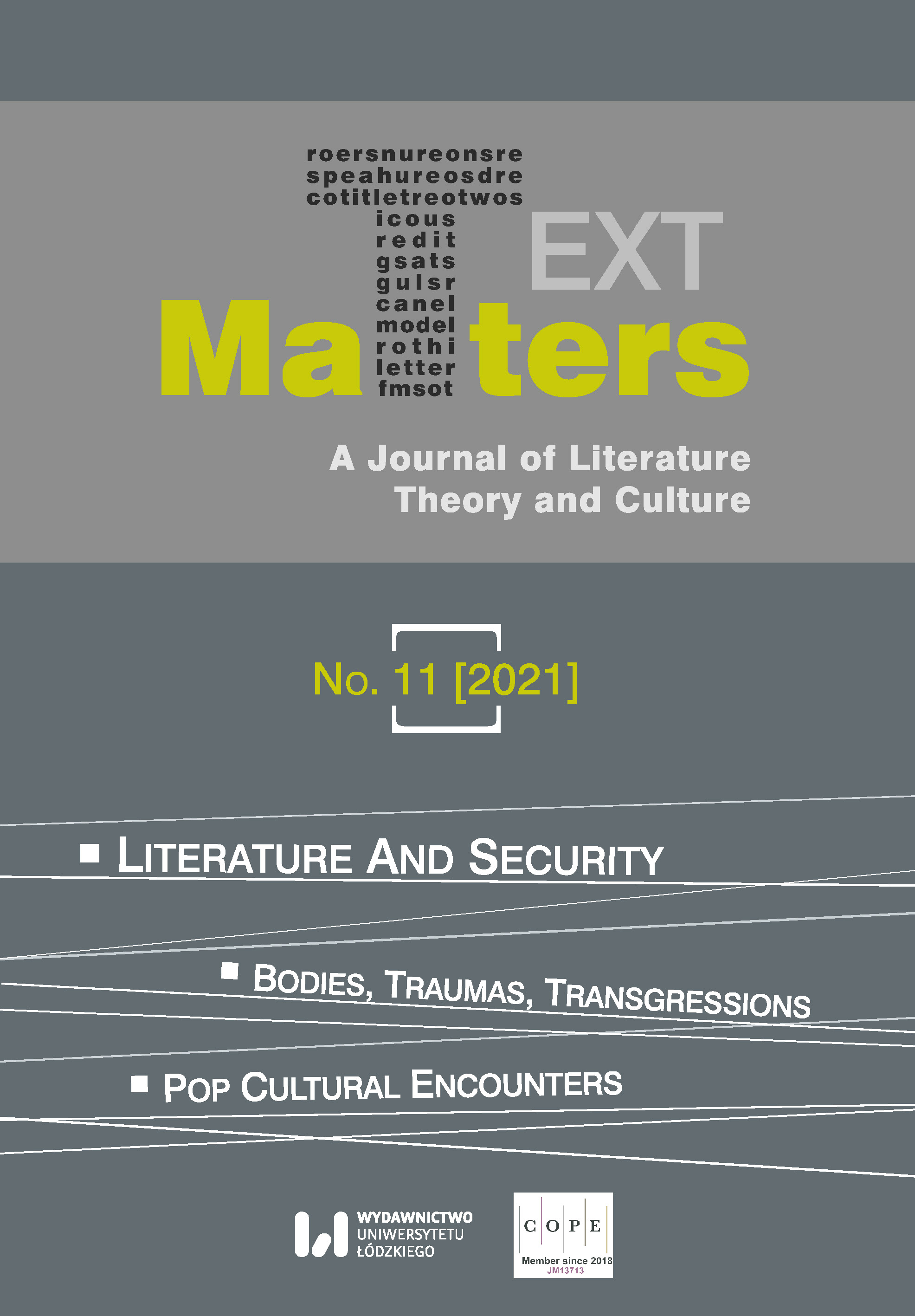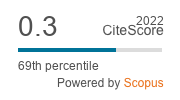“Never Trust a Survivor”: Historical Trauma, Postmemory and the Armenian Genocide in Kurt Vonnegut’s Bluebeard
DOI:
https://doi.org/10.18778/2083-2931.11.16Keywords:
Vonnegut, Hirsch, Armenian Genocide, historical trauma, postmemory, art, feminismAbstract
The article focuses on Kurt Vonnegut’s lesser-known and underappreciated 1987 novel Bluebeard, which is analyzed and interpreted in the light of Marianne Hirsch’s seminal theory of postmemory. Even though it was published prior to Hirsch’s formulation of the concept, Vonnegut’s novel intuitively anticipates it, problematizing the implications of inherited, second-hand memory. To further complicate matters, Rabo Karabekian, the protagonist-narrator of Bluebeard, a World War II veteran, amalgamates his direct, painful memories with those of his parents, survivors of the Armenian Genocide. Both the novel and the theory applied to it centre on the problematics of historical and personal trauma, engendered by two genocides which are often the object of comparative analyses: the Armenian Genocide, also referred to as the Armenian Holocaust, and the Jewish Holocaust. The latter is central to Hirsch’s interdisciplinary work in the field of memory studies, encompassing literature, the visual arts and gender studies. In Bluebeard, Vonnegut holds to account a humanity responsible for the atrocities of twentieth-century history: two world wars and two genocides for which they respectively established the context. The article examines the American writer’s reflection on death and violence, man’s destructive impulse and annihilation. In a world overshadowed by memories of mass extermination, Vonnegut interrogates the possibility of a new beginning, pointing to women as agents of renewal and sociopolitical change. He also identifies the role that art plays in the process of potential reconstruction, the story of Karabekian, a failed artist and highly successful art collector, being a Künstlerroman with a feminist edge.
Downloads
References
Andrzejczak, Krzysztof. Opowieści literackiej Ameryki. Zarys prozy Stanów Zjednoczonych od początków do czasów najnowszych. Universitas, 2012.
Google Scholar
Baym, Nina, editor. The Norton Anthology of American Literature. Volume 2. Norton, 1998.
Google Scholar
Dadrian, Vahakn N. The History of the Armenian Genocide: Ethnic Conflict from the Balkans to Anatolia to the Caucasus. Berghahn, 2004.
Google Scholar
Dadrian, Vahakn N., and Taner Akçam. Judgment at Istanbul: The Armenian Genocide Trials. Berghahn, 2011. https://doi.org/10.1017/s0020743812001547
Google Scholar
DOI: https://doi.org/10.1017/S0020743812001547
Flood, Alison. “Kurt Vonnegut’s Son Attacks Biography of His Father.” The Guardian, 7 Dec. 2011, https://www.theguardian.com/books/2011/dec/07/kurt-vonnegut-son-biography-charles-shields accessed 10 Feb. 2021.
Google Scholar
Gavins, Joanna. Reading the Absurd. Edinburgh UP, 2013.
Google Scholar
DOI: https://doi.org/10.1515/9780748669271
Hirsch, Marianne. “An Interview with Marianne Hirsch.” Columbia University Press, https://cup.columbia.edu/author-interviews/hirsch-generation-postmemory accessed 12 Mar. 2020.
Google Scholar
Hirsch, Marianne. Family Frames: Photography, Narrative, and Postmemory. Harvard UP, 1997.
Google Scholar
Hirsch, Marianne. The Generation of Postmemory: Writing and Visual Culture After the Holocaust. Columbia UP, 2012.
Google Scholar
Hovannisian, Richard, editor. The Armenian Genocide: Cultural and Ethical Legacies. Transaction, 2007. https://doi.org/10.1007/978-1-349-21955-1
Google Scholar
DOI: https://doi.org/10.1007/978-1-349-21955-1
Matosyan, Tigran. “Comparative Aspects of the Armenian and Jewish Cases of Genocide.” The Armenian Genocide: Cultural and Ethical Legacies, edited by Richard Hovannisian, Transaction, 2007, pp. 291–302. https://doi.org/10.1007/978-1-349-21955-1
Google Scholar
DOI: https://doi.org/10.1007/978-1-349-21955-1
Piechucka, Alicja. Teksty transatlantyckie. Szkice o literaturze amerykańskiej i francuskiej. Wydawnictwo Uniwersytetu Łódzkiego, 2016.
Google Scholar
Pitman, Alexandra. “Trauma, Bereavement and the Creative Process: Arshile Gorky’s The Artist and His Mother.” Advances in Psychiatric Treatment, vol.19, no. 5, Sept. 2013, pp. 366–69.
Google Scholar
DOI: https://doi.org/10.1192/apt.bp.112.010850
Shields, Charles J. And So It Goes: Kurt Vonnegut: A Life. Henry Holt, 2011.
Google Scholar
Vonnegut, Kurt. Bluebeard. 4th Estate, 2019.
Google Scholar
Vonnegut, Kurt. Letters. Edited by Dan Wakefield, eBook edition. Random, 2012.
Google Scholar
Published
How to Cite
Issue
Section
License

This work is licensed under a Creative Commons Attribution-NonCommercial-NoDerivatives 4.0 International License.













